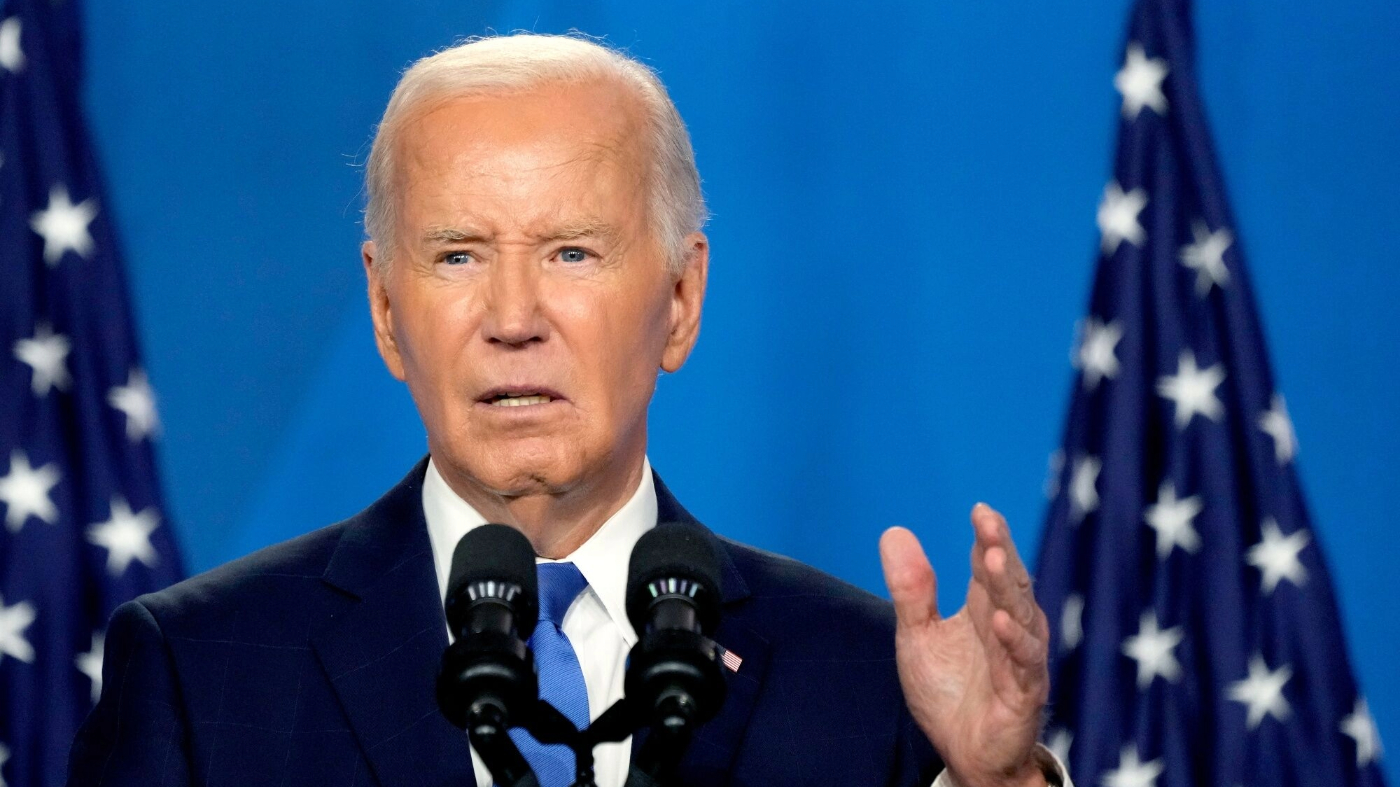Senator Joe Manchin has recently joined a growing chorus of voices urging President Joe Biden to reconsider his bid for re-election in the 2024 presidential race. The Democratic senator from West Virginia, known for his moderate stance and frequent breaks from party lines, has expressed concerns about Biden’s ability to secure another term in the White House amid declining approval ratings and increasing public scrutiny.
Manchin’s call for Biden to step aside is rooted in a pragmatic assessment of the political landscape. As a centrist Democrat, Manchin has often highlighted the need for the party to appeal to a broader spectrum of voters, including independents and disillusioned Republicans. He argues that Biden’s re-election campaign may face insurmountable challenges, given the President’s age, perceived lack of vigor, and ongoing criticisms related to his administration’s handling of key issues such as inflation, immigration, and foreign policy.
The senator’s remarks reflect a broader anxiety within the Democratic Party about the viability of Biden’s candidacy. Many Democrats fear that Biden’s vulnerabilities could jeopardize the party’s chances of retaining the presidency, particularly against a potentially strong Republican challenger. The call for Biden to step aside is not merely a critique of his presidency but a strategic maneuver aimed at positioning the party for a more favorable outcome in the next election cycle.
Manchin’s position also underscores the internal divisions within the Democratic Party. While progressives push for bold reforms and a more left-leaning agenda, moderates like Manchin advocate for a centrist approach that they believe is more likely to resonate with the American electorate. This ideological rift complicates the party’s efforts to present a unified front and could influence the selection of a potential alternative candidate.
Despite these calls for Biden to withdraw, the President has maintained that he intends to run for a second term. His administration points to legislative achievements and efforts to steer the country through unprecedented challenges, such as the COVID-19 pandemic and economic recovery, as reasons for his re-election. Biden’s supporters argue that his experience and steady leadership are crucial at a time of heightened global instability and domestic uncertainty.
However, the debate over Biden’s candidacy is likely to intensify as the primary season approaches. Should Biden decide to step down, it would trigger a scramble among Democratic hopefuls eager to seize the mantle. Possible contenders might include Vice President Kamala Harris, Transportation Secretary Pete Buttigieg, and Senators Elizabeth Warren and Bernie Sanders, among others. Each potential candidate brings a distinct vision for the party’s future and varying degrees of appeal to different factions within the Democratic base.
In conclusion, Senator Joe Manchin’s appeal for President Joe Biden to forgo a re-election bid highlights the strategic and ideological tensions within the Democratic Party. As the 2024 presidential race looms, the party faces critical decisions about its leadership and direction. Whether Biden remains the candidate or steps aside, the outcome will significantly shape the political landscape and the Democrats’ chances of maintaining control of the White House.








































